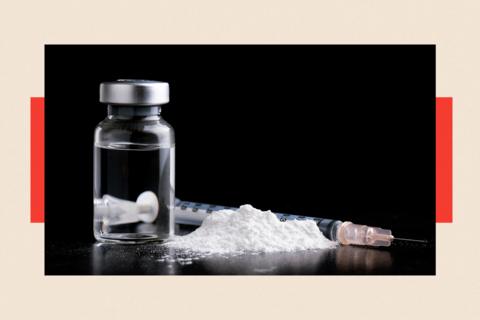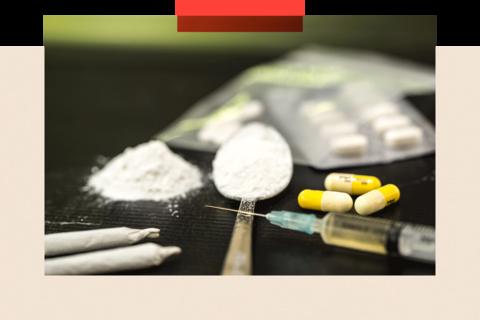At the urology department of Burnley General Hospital, 26-year-old Ryan (not his real name) is having a drug solution inserted through a catheter - part of his treatment for a condition known as ketamine bladder. This procedure will not completely reverse the damage inflicted by Ryan's previous addiction to the Class B drug, but it will help him manage the symptoms.
Ketamine, a powerful horse tranquiliser and anaesthetic, is a licensed drug and can be prescribed medically. However, when misused, it can cause serious and sometimes permanent damage to the bladder. The hospital is watching Ryan for signs of kidney failure, too. He worries about finding a girlfriend and having children. But he is stoical when he talks about passing blood and having to urinate numerous times a day.
"You could not be a ketamine addict for 30 years, 20 years," he says. "You'd die."
He is under the care of consultant urologist Haytham Elsakka, who says he has witnessed a rise in young patients whose bladders have been damaged by ketamine use. "Some of them are in their 30s, but most of them are 16 to 24," says Dr Elsakka. Around half of young patients end up needing surgery, he adds. Other risks from recreational use include liver failure, damage to the urethra, incontinence and impotence.
"We have seen young people under the age of 25 who've completely lost control of their bladders, who have had to have surgery, including bladder removal," says Abigail Wilson, lead clinical pharmacist for national drug and alcohol charity WithYou.




